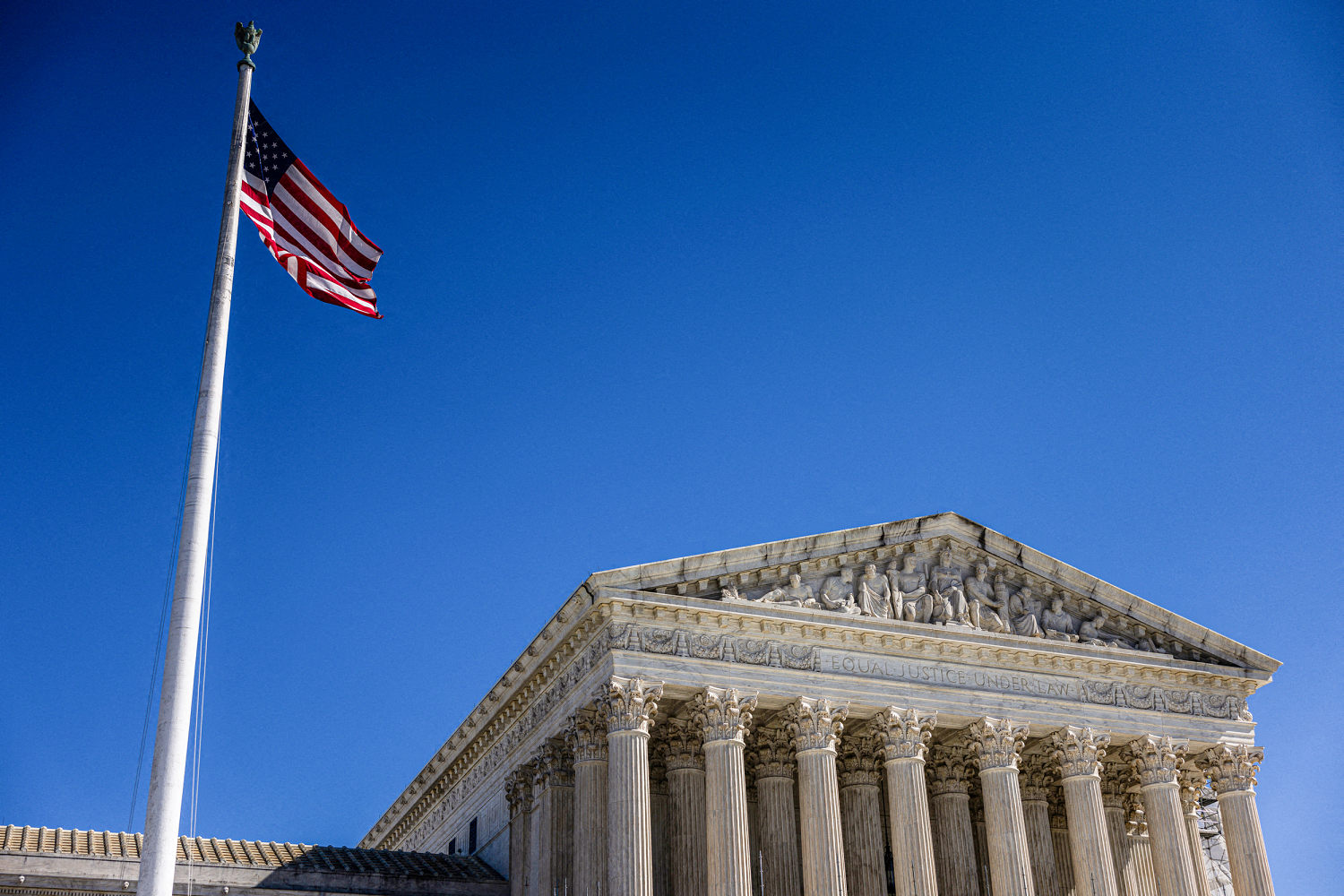Supreme Courtroom upholds cellphone and web subsidy program for underserved areas

WASHINGTON — The Supreme Courtroom on Friday rejected a problem to a Federal Communications Fee program that subsidizes cellphone and web companies in underserved components of the nation.
In a call written by Justice Elena Kagan, the court docket dominated that Congress didn’t exceed its authority when it enacted a 1996 legislation that arrange the Common Service Fund, which requires telecommunications companies to submit funds to subsidize “common service.”
The court docket additionally mentioned the FCC might delegate its authority to a non-public company known as the Common Service Administrative Firm to manage the fund.
“Nothing in these preparations, both individually or collectively, violates the Structure,” Kagan wrote.
The justices have been divided 6-3, with three conservative justices dissenting.
The charges, usually handed on to prospects, elevate billions of {dollars} a 12 months which might be spent on offering cellphone and web companies, together with for faculties, libraries and hospitals.
Challengers mentioned this system violates the “nondelegation doctrine,” a principle embraced by conservatives that claims Congress has restricted powers to delegate its lawmaking authority to the chief department.
Decrease courts have been divided over the problem, with each the FCC and a coalition led by Customers’ Analysis, a conservative group, asking the Supreme Courtroom to weigh in.
Opponents name the Common Service Fund charge a type of tax and say solely elected officers, not bureaucrats, have the facility to impose it.
The 1996 legislation is especially problematic as a result of it doesn’t inform the FCC how a lot cash it might probably elevate through this system, the challengers’ attorneys argued.
The court docket has a 6-3 conservative majority that has undercut the authority of presidency businesses in a sequence of current choices.
That had led some commentators to surprise if it could use the FCC case to turbocharge the nondelegation doctrine.
The present court docket has not but embraced the nondelegation doctrine, though in several contexts, a majority of justices have indicated assist for it. If the court docket did reinvigorate the concept, businesses would face new limits on their powers to implement current legal guidelines and packages that search to implement open-ended legal guidelines enacted by Congress.
Though the Trump administration has sought to weaken federal businesses by firing hundreds of employees, its attorneys defended the FCC within the case. The administration took over the case from the Biden administration, which had appealed the case to the Supreme Courtroom.
President Donald Trump has tried to increase the powers of the presidency on the expense of Congress and the judiciary, so his administration’s place within the case is per that strategy.

